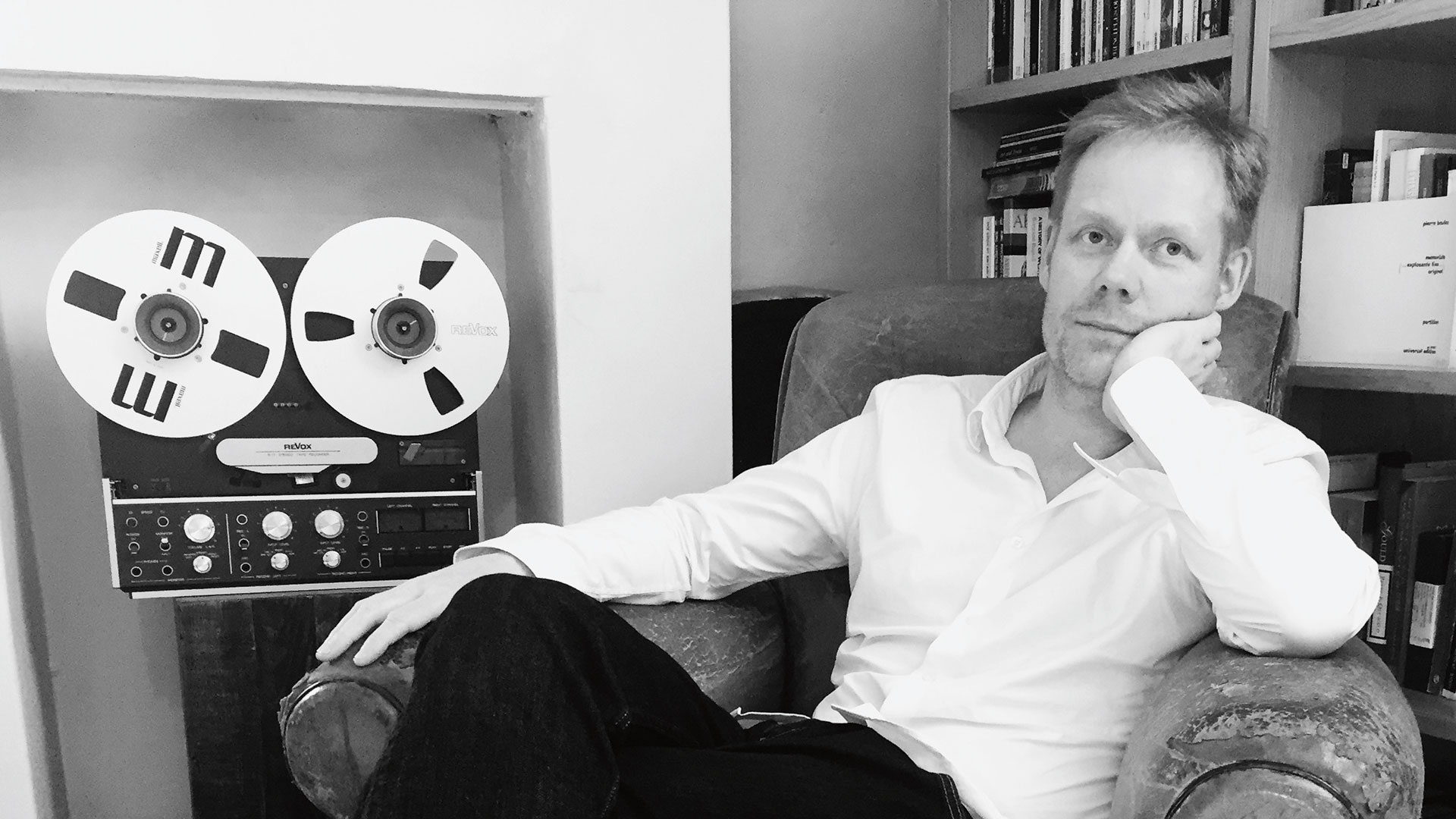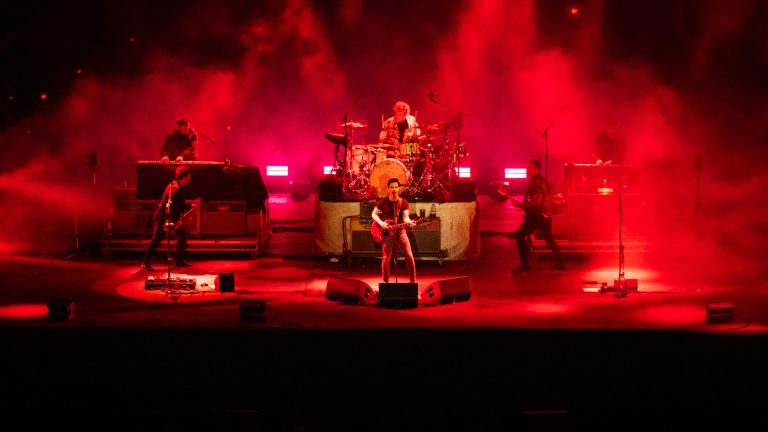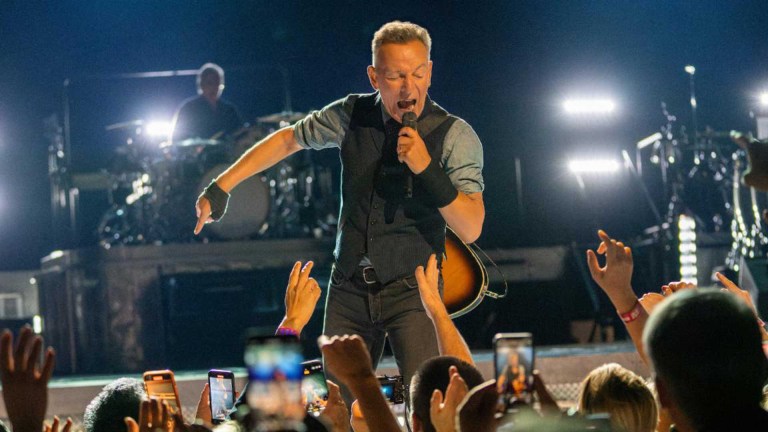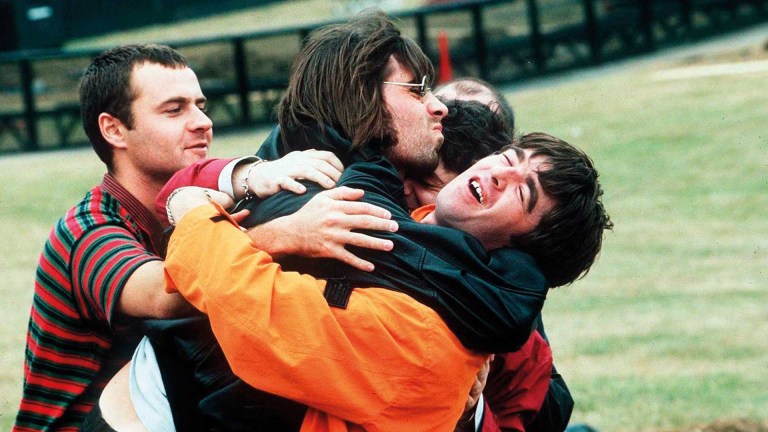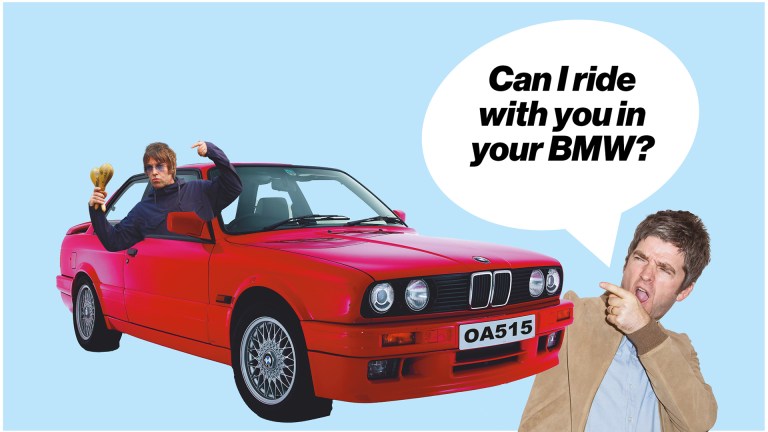At the age of 16 I stopped going to school because I hated it. I learned piano when I was a tiny child at the beginning of primary school, but I had a piano teacher who was very old school and she would whack my hand with a ruler when I played a wrong note. And after a while I just thought, hang on, I hate this. This is a horrible experience. So I stopped going to lessons. And all through school I was cripplingly shy. It was slightly unfortunate; I have ginger hair and I was German, a double target [Richter grew up in England]. So I really retreated into a world of fantasy through music and books. And as soon as I could I left school altogether.
Music has been crucial to me as long as I can remember. When I was about four years old I had this experience of hearing Bach, probably the double violin concerto, and being really struck by the beautiful sounds and melodies, but also realising that there was a sort of governing logic going on behind those sounds. That the sounds meant something, and that they spoke to one another in their own language. And that really floored me, that was one of the things that really lit the fuse for me to be deeply involved with music.
By the time I was 16 I was furious with the world. My teen years coincided with the apex of Thatcherism, which was a kind of anti–civilisation project – anti-culture, anti-society, just a horrible neoliberal individualistic concept. And there I was as a kid, in some ways a pawn in that game. So I became obsessed with music and books. I was playing the piano, and trying to compose in a very simple way. I was very into classical music, but punk was huge in my life at that time as well. As was reading – the 20th century modernists, TS Eliot and Joyce and Beckett and Virginia Woolf. So I spent most of my time reading, playing music and hanging out in cafes and just basically trying to find my own way, trying to educate myself, trying to understand and connect to the things that mattered to me.
My parents divorced, and I was very close to my mother. My father was a kind of distant figure. My mother is a very thoughtful, warm, very idealistic person. Quite impractical, not very worldly. She raised a family of boys who are all a bit like that as well. Both my parents were German and we were living in the UK so there was a slight feeling of being an outsider in the culture, not born and bred. My brothers and I did share a feeling of being in it together, but it was a challenging and stressful situation. None of us were particularly happy in school. It was difficult.
I didn’t know what kind of career I could have. I just knew I loved music with a kind of obsessive passion and I didn’t think I’d be able to hold down any other kind of job. But if I went back and told my teenage self about having some success as a composer he’d be amazed because I never expected anything in terms of a career or even anyone even noticing what I was doing, It took me years and years to get used to the idea that people would actually listen to my music. I released Memoryhouse in 2002 but one cared. It wasn’t advertised, it wasn’t reviewed. They shut the record company down and deleted the record a year later. So that was my life’s work up to that moment. I guess the first inkling I got that something might work out was when I released The Blue Notebooks in 2004. I just felt good, comfortable with that project in a way I hadn’t with anything else. I don’t ever listen to The Blue Notebooks now, I haven’t listened to it properly since I made it. But I’m very grateful to it.
